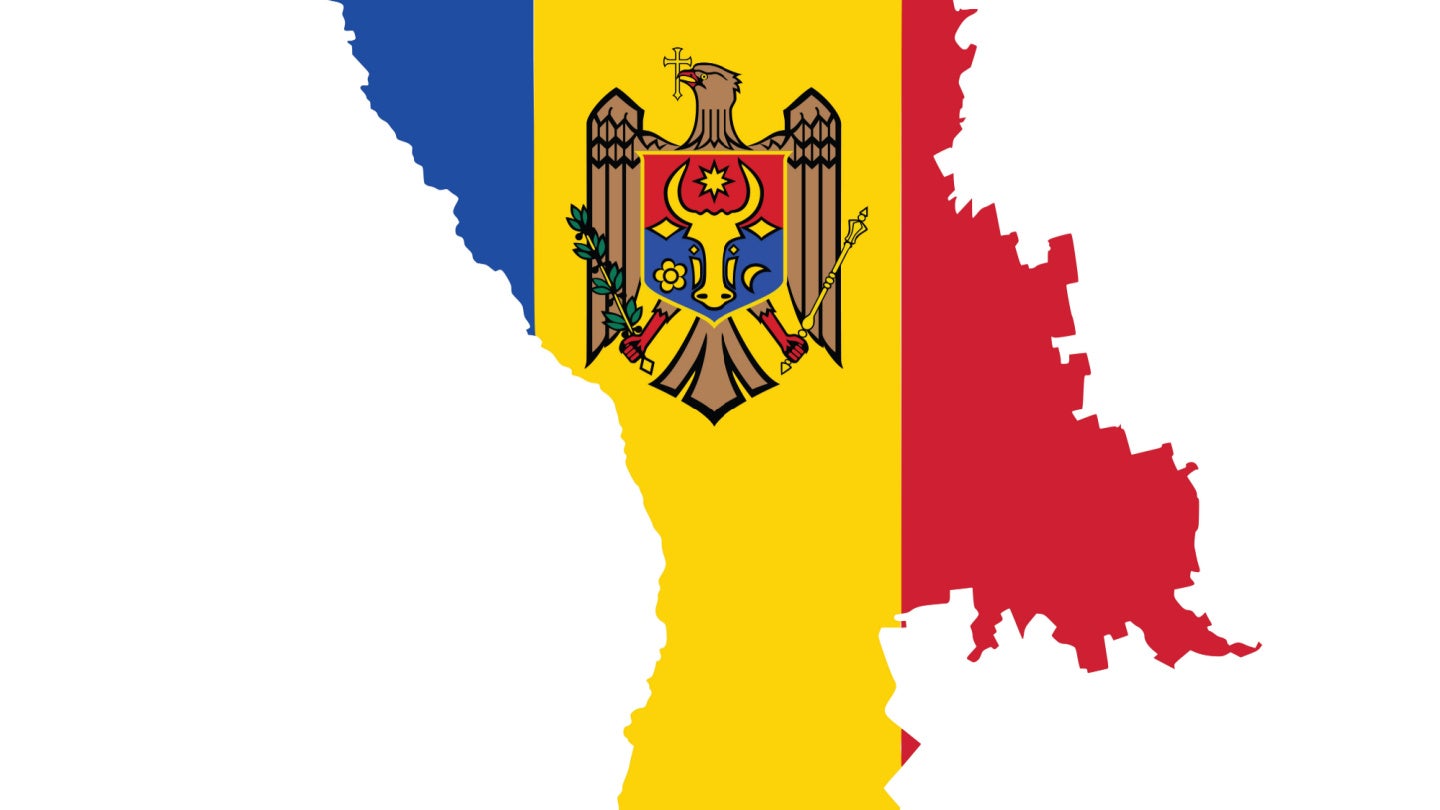
This week, Moldovan President Maia Sandu organized a huge pro-EU rally. An estimated 75,000 people turned out to support Moldova’s push to join the European Union (EU).
Moldova is making EU citizenship a top priority for the country’s government. It has long expressed its desire to strengthen its ties with Western Europe and break free from its historic dependency on Russia. However, the ongoing Ukraine conflict has significantly complicated Moldova’s aspirations.
Ties to Russia
Moldova is a small landlocked country that has played an integral role in contemporary Eastern European history. The former Soviet Union state’s proximity to Russia, coupled with shared linguistic and cultural ties, has made Russia a key trading partner and a major source of remittances from Moldovan citizens working abroad. Yet, the two country’s relationship remains volatile. That is nowhere more evident than in its ongoing dispute in Transnistria.
Wedged between Moldova and western Ukraine, Transnistria is a strip of land that is officially a part of Moldova but has existed as a de facto unrecognized breakaway republic for the last 30 years. Although Russia does not recognize Transnistria as an independent state, it maintains strong political, military, and economic ties with the separatist region.
Alongside the ongoing dispute regarding Transnistria, Moldova’s pro-EU president Maia Sandu has also accused the Russian government of interfering in Moldovan politics and plotting an attempted coup.
Conflicting aspirations
Moldova’s quest to join the EU reflects its aspiration for territorial integrity and economic development. In 2014, Moldova signed an agreement with the EU that aimed to deepen the pair’s political and economic cooperation. The agreement included provisions for free trade, visa liberalization, and support for democratic reforms. Moldova’s government has also implemented other political and economic reforms, such as anti-corruption measures and judicial reforms. However, progress toward EU membership has been slow due to internal political divisions, corruption, and ongoing challenges in implementing reforms effectively.
How well do you really know your competitors?
Access the most comprehensive Company Profiles on the market, powered by GlobalData. Save hours of research. Gain competitive edge.

Thank you!
Your download email will arrive shortly
Not ready to buy yet? Download a free sample
We are confident about the unique quality of our Company Profiles. However, we want you to make the most beneficial decision for your business, so we offer a free sample that you can download by submitting the below form
By GlobalDataThe Ukrainian conflict reignited Moldova’s pursuit to join the EU after it significantly affected the country’s economy and energy security. In 2022, Gazprom, the Russian energy supplier, partly cut off the country’s gas supplies. Trade between Moldova and Russia, which had already been strained, also faced further disruption as Russia imposed trade restrictions on the country, while a drop in foreign direct investment (FDI) and remittances, as Moldovan workers employed in Ukraine faced job losses, further weakened the country’s economy.
Problems for Moldova
Despite its efforts and desire to join the EU, geopolitical factors will most likely hinder Moldova’s aspirations. For a long time, territorial enlargement was considered the EU’s most successful policy instrument. However, a lack of political alignment within the EU institutions and ongoing economic instability across the continent have festered hesitations around expansion.
European leaders have also become conscientious of further damaging EU-Russia relations. Although Europe outwardly supports Ukraine, it must avoid further aggravating tensions with Russia outside of the conflict. The induction of Moldova and Ukraine into the union could be interpreted by the Russian government as an offensive manoeuvre against Russia, that would most likely result in the outbreak of conflict across Europe.






Related Company Profiles
Gazprom